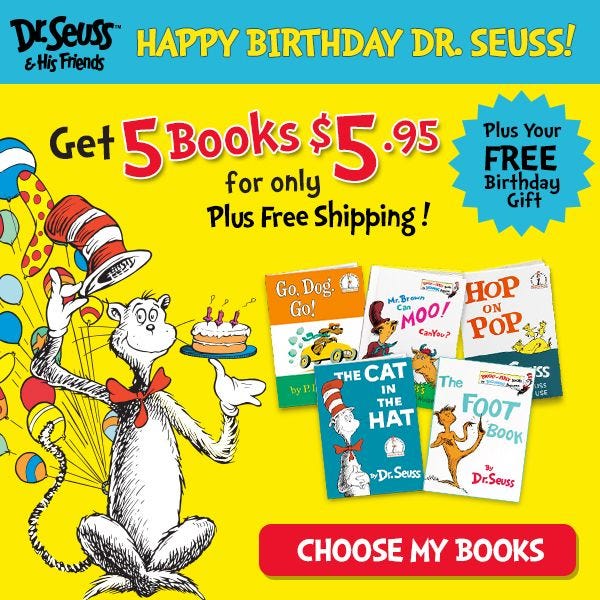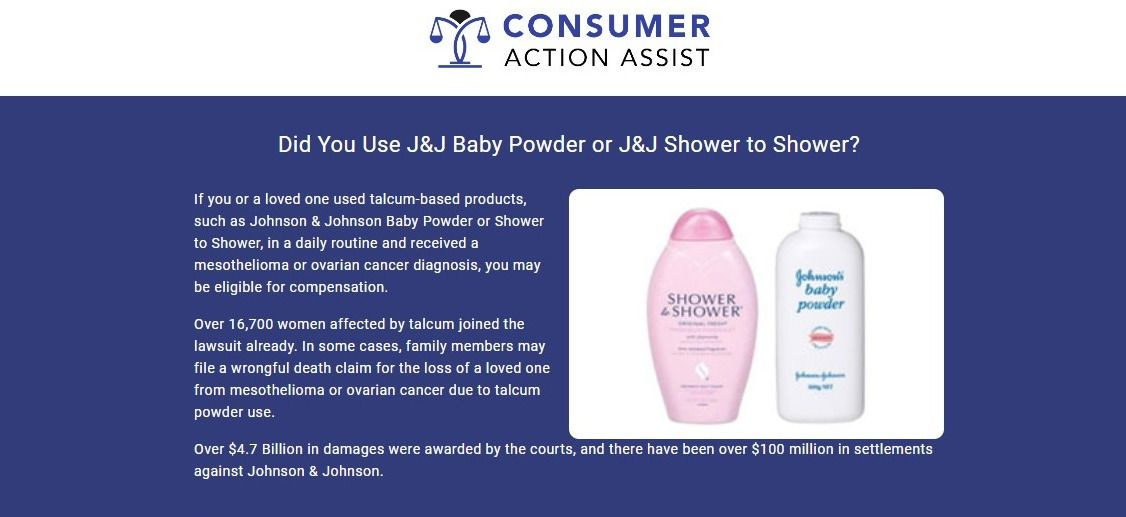5 ChatGPT Prompts For Moms

📲
We may earn commissions from ads and links on this page.
Recently, in a small town in the heart of America, a group of mothers gathered at the local community center for their monthly book club meeting. This time, the conversation took an unexpected turn as they began discussing using ChatGPT to create personalized stories and the impact of poetry on their children's lives.
Sara, a mother of three, recalled how her infant son, Jack, would settle down for the night as she softly sang a simple, rhyming lullaby about the moon, stars, and sweet dreams. "It's fascinating how the rhythmic patterns in the lullaby help promote early language development," Sara said, citing a study that showed infants exposed to music and rhyme demonstrated better language skills later in life (Hannon & Trehub, 2005).
Age Group: 0-2 years Prompt: "Create a simple, rhyming lullaby to sing to my infant about the moon, stars, and sweet dreams."
Lullabies are soothing for infants and help create a comforting bedtime routine. A rhyming lullaby with a gentle melody about the moon, stars, and sweet dreams will help set the stage for a good night's sleep while also promoting early language development through exposure to rhythmic patterns.
Another mother, Jennifer, shared her experience with her 4-year-old daughter, Emily. She had written a playful, rhyming poem featuring talking animals to teach the importance of sharing and kindness. "Emily was captivated by the characters and the story, and she started sharing her toys with her little brother more willingly," Jennifer beamed. Research supports Jennifer's experience; studies have shown that teaching social skills through stories and rhymes can significantly improve children's behavior (Kemple, 2004).
Age Group: 3-4 years Prompt: "Write a playful, rhyming poem featuring talking animals that teaches the importance of sharing and kindness."
Children are developing their social skills and learning the importance of sharing and kindness at this age. A rhyming poem with talking animals will capture their attention and imagination and help convey the valuable lessons of sharing and kindness in a fun and engaging way.
As the conversation continued, a mother named Lisa recounted her success in engaging her 7-year-old son, Alex, with a rhyming story about a young explorer who learns the value of friendship and teamwork. "Not only did Alex enjoy the story, but he also began to appreciate the importance of working together with his classmates at school," she said. Lisa's story resonated with a study that showed how rhyme and rhythm can help children develop their reading skills while internalizing important life lessons (Goswami, 2012).
Age Group: 5-7 years Prompt: "Create a short, rhyming story about a young explorer who learns the value of friendship and teamwork."
Children aged 5-7 are developing their reading skills and are ready for more complex stories. A rhyming story about a young explorer learning the value of friendship and teamwork will keep them engaged while teaching important life lessons. The rhyme scheme will also support their reading development, making the story enjoyable and educational.
The discussion turned to the topic of problem-solving when a mother named Karen mentioned her 9-year-old daughter, Mia. Inspired by a rhyming adventure poem about a brave hero who overcomes challenges using creativity and problem-solving skills, Mia started thinking outside the box and tackling obstacles with newfound confidence. "It's incredible how a simple poem can inspire children to develop their critical thinking skills," Karen said. Research has shown that creative activities, such as poetry, can foster children's problem-solving abilities (Runco, 2004).
8-10 years Prompt: "Write a rhyming adventure poem about a brave hero who overcomes challenges using creativity and problem-solving skills."
Children in this age group are refining their critical thinking skills and gaining a greater sense of independence. A rhyming adventure poem featuring a brave hero who overcomes challenges using creativity and problem-solving skills will inspire them to think outside the box and develop their own abilities to tackle obstacles.
Finally, Rachel, a mother of a 12-year-old girl named Sophia, shared her experience with a rhyming poem that encouraged self-expression and embracing one's uniqueness. "Sophia was struggling with her identity and fitting in at school, but after reading the poem, she became more confident and accepting of herself," Rachel said. This anecdote echoed a study that demonstrated how poetry can provide preteens with a positive message about the importance of being true to themselves and valuing their individuality (Zimmerman, 2016).
Age Group: 11-13 years Prompt: "Compose a rhyming poem that encourages self-expression and embracing one's uniqueness, featuring a protagonist who discovers their true self."
Preteens are at a stage where they're forming their own identities and navigating the challenges of fitting in. A rhyming poem that encourages self-expression and embracing one's uniqueness will resonate with this age group, providing them with a positive message about the importance of being true to themselves and valuing their individuality.
The power of rhyme and poetry transcends the pages of a book, making a lasting impact on children's lives. The benefits of poetry are immense, from nurturing language development in infants to teaching social skills, promoting reading development, fostering problem-solving abilities, and encouraging self-expression. As the mothers at the book club discovered, introducing age-appropriate rhyming activities to their children fostered creativity and learning and helped them grow into well-rounded individuals.
So, dear readers, let us unleash the magic of rhyme and poetry in our children's lives and watch them flourish in ways we never imagined possible.
Disclaimer: Some information on this site may be considered attorney advertising under your state’s laws and ethical rules. This legal news site and its content is for general information only and is not legal advice. Information on this site may be incomplete or out-of-date.
No attorney-client relationship is created between you and any attorney who publishes content or online forms on this site. Hiring a lawyer is an important decision that should not be based solely on advertisements.











